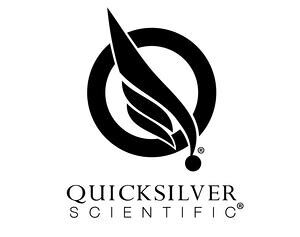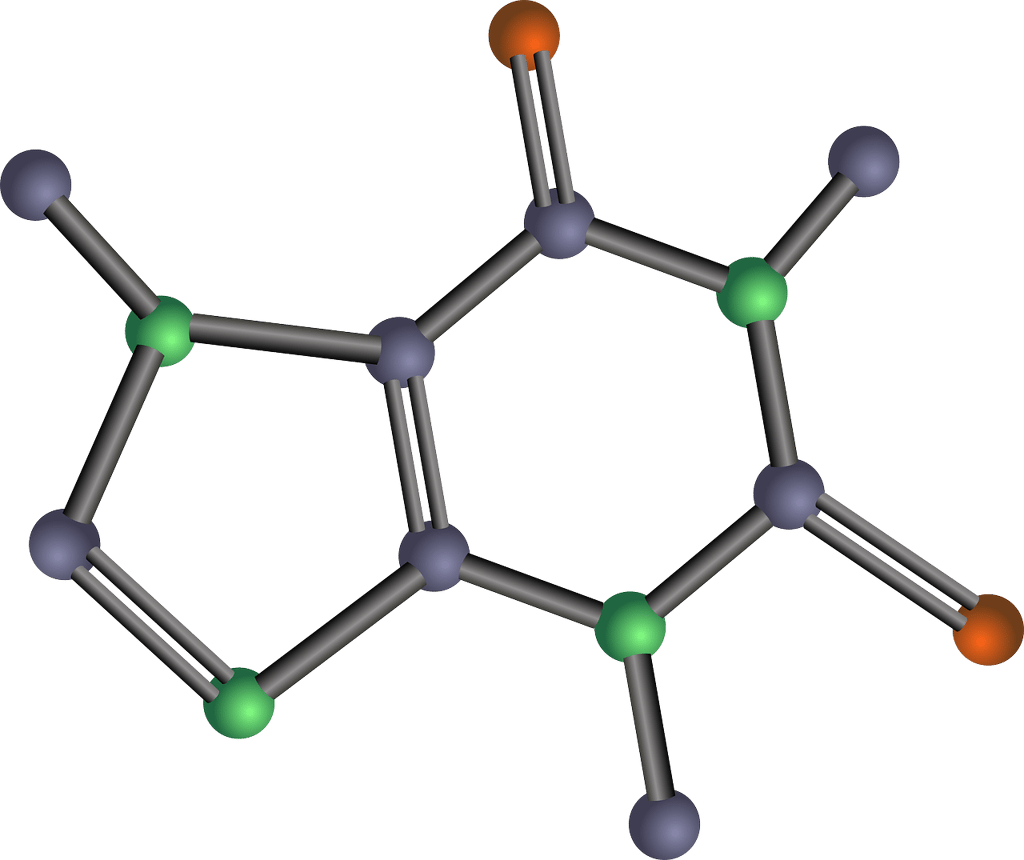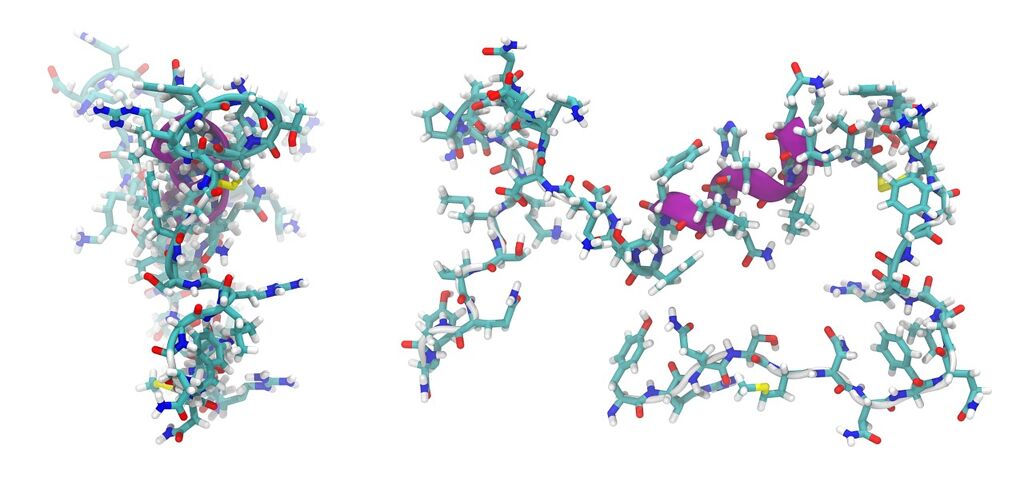SS-31, The Mitochondria Power Peptide

The mitochondria are the powerhouse of the cell. This basically means the mitochondria are responsible for producing the energy that the cell needs in order to function. In order for any cell in our body to perform at its best, we need our mitochondria to function. In this article, you will learn about a peptide that can help improve your mitochondrial function, allowing cells all over the body to have the energy they need to do their job. You will also learn in this article about some of the research behind use of the SS-31 peptide to improve mitochondria function.
** Please note: If you want the longer, more detailed version of this article, then please click here **
We have recently written many blogs about peptides. To recap, a peptide is a small protein, made up of a chain of amino acids. They can be used therapeutically to help with different health conditions. Click on the links to see our articles on peptide therapy, HGH, CJC 1295/Ipamorelin, BPC 157, PT 141, Ta1, VIP, Thymosin Beta 4, KPV and Trio.
To Read About Blog Topic, Scroll Down
Want To Work With Our Clinic?
Do you have a chronic or mystery illness that no one has been able to help you with? Are you simply wanting to re-connect with a healthier version of yourself? It’s Time To Finally Feel Better!
SS-31 Improves Mitochondrial Function
But first, what are Mitochondria?
Mitochondria are often referred to as the ‘battery’ or ‘powerhouse’ of the cell. They provide the source of energy for our cells. This cellular energy, or ATP, is created in the mitochondria. This process takes energy from the breakdown of food molecules and converts it into ATP, which is used to fuel cellular processes. ATP powers all processes in our cells, such as muscle contraction, nerve impulses, breathing and even maintaining a heartbeat! We wrote about ATP in the context of sports nutrition in this article here.
When making cellular energy, mitochondria also make reactive oxygen species (ROS) (Zhao W, 2019). ROS are free radicals which cause oxidative damage. Mitochondrial ROS can activate apoptosis (programmed cell death) and inflammation (Zhao W, 2019). This oxidative damage and mitochondrial dysfunction are root causes of some diseases such as neurodegenerative diseases (dementia, Alzheimer’s, Parkinson’s), diabetes, heart disease, stroke, kidney disease, cancer, other degenerative diseases due to aging and aging in general (Zhao W, 2019).
Any way to reduce mitochondrial oxidative stress and repair mitochondrial function is a potential treatment for any of these diseases (Chavez JD, 2020).
And this is where SS-31 comes in……
What is SS-31?
SS-31 is a peptide. It is a small cell-permeable antioxidant peptide that targets the inner mitochondrial membrane and concentrates in mitochondria (Escribano-Lopez I, 2018).
SS-31 can increase ATP and reduce ROS in the mitochondria (Zhao W, 2019). It can protect cells from oxidative stress by scavenging ROS and reducing mitochondrial ROS production (Escribano-Lopez I, 2018). This improves mitochondrial function and better supports mitochondrial ATP energy production (Escribano-Lopez I, 2018).
Specifically, SS-31 can be used for:
Kidney disease: SS-31 can promote healing of damaged tissues. SS-31 restores normal mitochondrial structure in kidney cells and suppresses further mitochondrial damage (Szeto HH, 2018). In mice, treatment with SS-31 one month after acute injury repaired mitochondria in kidney cells and restored their cellular structure (Szeto HH, 2018).
Macular degeneration & Eye health: Retinal disorders such as AMD (age-related macular degeneration) can be related to oxidative damage in the retina. Oxidative stress can lead to mitochondrial dysfunction in retinal cells. As the mitochondria peptide, SS-31 has a protective effect against oxidative damage (Chen M, 2017). It lessens the mitochondrial dysfunction in these cells and makes SS-31 a possible treatment for glaucoma and age‑associated retinal diseases (Chen M, 2017). SS-31 also has a neuroprotective effect in the retina against diabetes-induced retinal degeneration (Wu X, 2019).
Heart Failure: SS-31 can help with cardiovascular health. The cardiovascular system can become inflamed, which is closely related to ROS production. As we have seen, SS-31 can reduce ROS and inflammation (Escribano-Lopez I, 2018). In a mice study, SS-31 was able to improve cardiac hypertrophy (thickening of the heart muscle), diastolic dysfunction (“stiffening” of the heart’s ventricles or pumping chambers) and the formation of scar tissue, which in excess can become pathological (Escribano-Lopez I, 2018).
Muscle Weakness & Energy: In older people, sarcopenia and exercise intolerance are major contributors to reduced quality of life. A recent clinical study confirmed that SS-31 significantly increased maximum ATP production in the skeletal muscle of healthy elderly adults (Szeto HH, 2018). SS-31 may provide a way to quickly improve exercise performance in the elderly by increasing mitochondrial function to maximize ATP production (Szeto HH, 2018). In another study on mice, leg muscles in the older mice given SS-31 became stronger and less fatigued, with significantly greater mass compared to older mice not given SS-31 (Campbell MD, 2019). This led to a significant increase in treadmill endurance compared to controls not given SS-31 (Campbell MD, 2019).
Cognitive function: As we have seen, SS-31 can eliminate ROS and increase ATP in mitochondria (Zhao W, 2019). SS-31 can be neuroprotective in neurodegenerative disorders, including amyotrophic lateral sclerosis (ALS) and Alzheimer’s disease (Wu X, 2019). In animal research, SS31 is currently being used to protect against neurodegenerative and inflammatory diseases (Zhao W, 2019).
It is currently in clinical trials for the treatment of heart failure and various mitochondrial diseases (Chavez JD, 2020).
Are there any Side Effects?
SS-31 is well tolerated (Thompson WR, 2020). The side effects are mainly reactions to the injection and these are mostly mild (Thompson WR, 2020).
There is always the chance of potential interactions with other medications a person may be taking. It is very important to work with an experienced Functional Medicine practitioner when taking peptides. Our clinic has extensive experience with peptides and can help you.
** Please stay tuned for our next blog on more Peptide Therapy! **
Are You Suffering From A Chronic Illness?
Does your current health situation look like this…
- Do you feel that you have tried many things and either nothing works, or the treatment does not hold?
- Have you been told that there is nothing that can be done to reverse your illness and you just need to manage symptoms?
- Does your illness impact your work, your family, your happiness and your social life?
We specialize in finding answers and solutions for complicated chronic illness when people feel like they have tried everything. If this sounds like you, book a free call with us to see if we are the right fit for your health goals.
Dr. Miles has spoken for the following organizations:

















